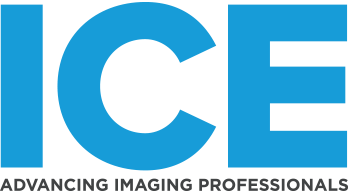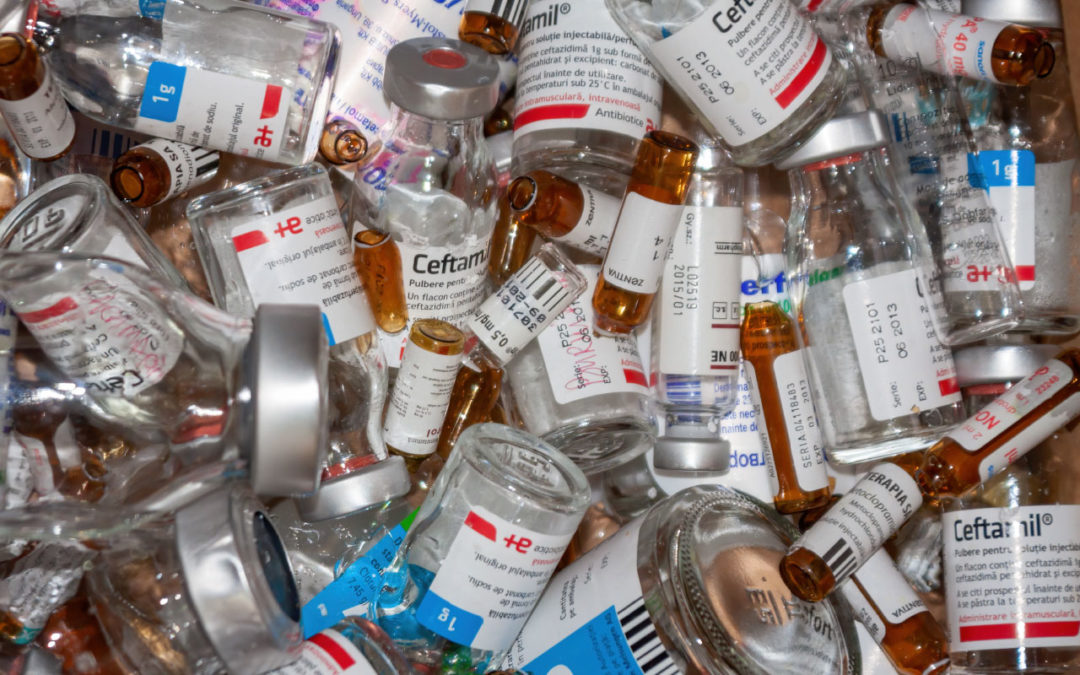
By Melody Mulaik
 It is easy to focus on big dollar items when looking for potential lost revenue in an imaging center or department, but sometimes it is the little things that can add up to big money. There is sometimes an opportunity to bill for “waste” in imaging; however, the opportunities usually lie in imaging centers rather than hospital facilities. Regardless of your type of facility, it is important to review your documentation and billing practices to ensure you are not leaving revenue on the table and are reporting discarded waste appropriately.
It is easy to focus on big dollar items when looking for potential lost revenue in an imaging center or department, but sometimes it is the little things that can add up to big money. There is sometimes an opportunity to bill for “waste” in imaging; however, the opportunities usually lie in imaging centers rather than hospital facilities. Regardless of your type of facility, it is important to review your documentation and billing practices to ensure you are not leaving revenue on the table and are reporting discarded waste appropriately.
In certain circumstances Medicare will pay for leftover drugs, including contrast materials and radiopharmaceuticals, which must be discarded or “wasted.”[1] This policy applies only to single use vials (SUVs), which are containers intended to be used for a single patient.
When part of an SUV is administered to a Medicare patient and the remainder cannot be used for another patient, and has to be discarded, the provider may bill Medicare for the entire SUV. The patient’s medical record must indicate the quantity that was administered to the patient and the fact the remainder was discarded.
The HCPCS modifier JW (Drug amount discarded/not administered to any patient) was created for the purpose of reporting discarded waste and can be utilized by physicians, IDTFs and hospitals for their outpatient claims.
The Medicare policy on discarded drugs is limited to separately payable Part B drugs that are designated as single-use or single dose on the FDA-approved label or package insert. It does not apply to multiple-dose containers. Wastage from multiple-dose (bulk) containers is not billable to Medicare. In the case of a hospital paid under the Medicare Outpatient Prospective Payment System (OPPS), packaged drugs are not subject to modifier JW.
Most contrast agents and diagnostic radiopharmaceuticals are packaged under OPPS, and therefore hospitals are not required to apply modifier JW to these agents. Providers who are paid separately for contrast and diagnostic radiopharmaceuticals, such as physician practices and IDTFs, must apply modifier JW. CMS states hospitals must apply modifier JW to separately payable drugs with status indicator G (Pass-through drugs and biologicals) or K (Nonpass-through drugs and nonimplantable biologicals, including therapeutic radiopharmaceuticals), regardless of what revenue code they are reported under.
Modifier JW should not be applied to codes that are defined as per study dose, since those codes include any amount that is needed for the study. Most diagnostic radiopharmaceuticals are reported with “per study dose” codes and therefore are exempt from modifier JW. Also, modifier JW does not apply when the dose administered is less than the HCPCS billing unit.
When it is appropriate to bill for drug waste, two codes must be submitted on the claim, one for the quantity of drug that was administered and one for the amount that was wasted. Modifier JW should be applied to the HCPCS code for the wasted portion of the drug. For example, code Q9966 represents low osmolar contrast material, 200-299 mg/ml iodine concentration, per ml. If an IDTF administers 120 ml from a 150 ml single use container, and the remainder of the container is discarded, the IDTF should report as follows: Q9966 x 120 and Q9966-JW x 30.
With regard to the charge (dollar amount) for the wasted drug, CMS states, “General billing rules may require a charge be included on each line on the claim. Also, each MAC that processes claims may have specific billing policies or guidance for certain items or services where there is no national billing guidance from CMS. Please contact your local MAC for further billing information.”
Melody W. Mulaik, MSHS, CRA, RCC, RCC-IR, CPC, COC, FAHRA, is the president of Revenue Cycle and Coding Strategies Inc.
Reference
1. Medicare Claims Processing Manual, Chapter 17, Section 40








